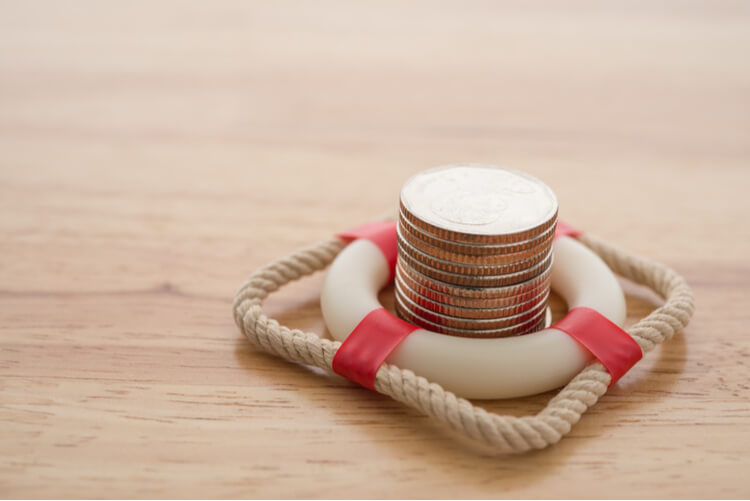
Financial Emergencies: Why Planning is Important
Life is filled with uncertainty. No one knows quite what waves are going to roll in and upset the boat we bob in we call life. Far too often in life those waves can make us feel helpless and like we have no control over our own destinies and futures.
What constitutes a wave? In the economic realm it can be anything from abrupt job loss to a car accident, or the dreaded medical emergency. Even minor emergencies can be catastrophic in the long term, with costs stretching for years that can force you to go into credit card debt and pay brutal interest rates that are a calamity all their own.
How do you prevent emergencies then? How do you deal with them when they do strike? That’s what we’re here to explore today by looking at a few specific emergency types, how to handle them and how a Carolina payday loan can assist you.
Medical Emergencies
Healthcare emergencies are by far the most debilitating type of financial emergency you’ll ever face. They’re by far the leading cause of bankruptcy in America today, and for good reason. In the wasteland that is our healthcare system, even minor procedures or medications can cost a staggering amount.
The easiest way to avoid being bankrupted with medical costs is with preemptive care. Preemptive care includes anything from regular checkups to dental cleanings to cancer screenings. While often people skip these thinking they’re not important or not wanting to shell out the money, it’s a costly mistake. A little investment in preemptive care can save you thousands, if not hundreds of thousands, in the long term.
Car Accidents

One of the undeniable truths of America is that our public transportation system is nowhere as good as most other industrialized nations. The car is simply a necessity for transportation, and thus vital to both your job and something as simple as shopping for groceries.
Because of their importance, a car accident is not only financially punishing because of the cost of fixing your car, but the long term ramifications on your life and ability to earn a living are just as bad. And those initial repairs won’t come cheap. Cars can cost thousands to fix, and repairs always come with the uneasy feeling that you may just be throwing good money after bad. Afterall, if the car breaks down past the point of fixing the next day you can’t get the money you just spent back.
In the long term, not having a secure means of transportation can cause you to lose your job, eat huge amounts of your time on buses, or cause you to spend an inordinate amount on taxis or Uber just to get to where you need to go.
Job Loss
One of the worst financial situations you can face is the total cessation of your income. Our lives are a constant state of income and expense, and unfortunately when one side comes to a halt the other doesn’t, and you’ll be faced with the prospect of living off your savings. And since studies show the majority of Americans only have around $400, that’s not likely to last you long.
The most important thing to do if you lose your job is to immediately take action. Update your resume, file for unemployment benefits, and actively hunt down new job opportunities. Too often when they lose their jobs many people lose their drive and instead wallow and become ineffective professionally and personally. Don’t let that be you.
Payday Loans Charleston
Hopefully the above has given you some idea of the challenges and emergencies that may face you in life. If you find yourself hit by any of them, one way of overcoming them is with a payday loan. Payday loans are fast, short term loans designed to help you bridge the gap between paychecks.
Specifically, those payday loans Charleston residents have at their fingertips are unrivaled in speed and simplicity. While they’re available to the entire state of South Carolina, try searching for "payday loans near me" to benefit from them, and they can also be especially useful in emergency situations. If you find yourself facing one, don’t hesitate to fill out the simple request form at the top of this page.
Note: The content provided in this article is only for informational purposes, and you should contact your financial advisor about your specific financial situation.